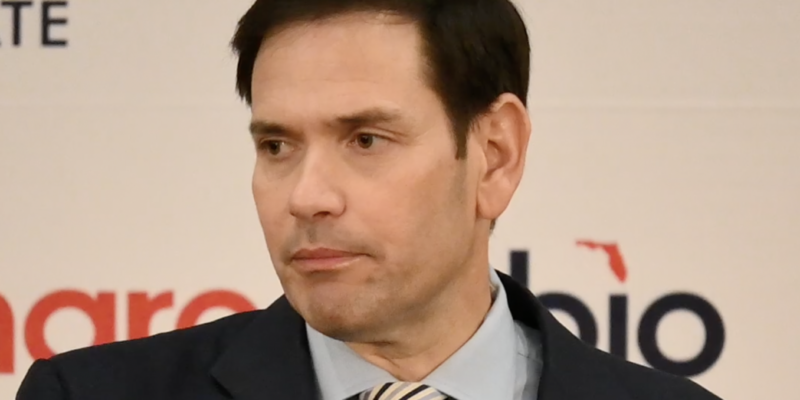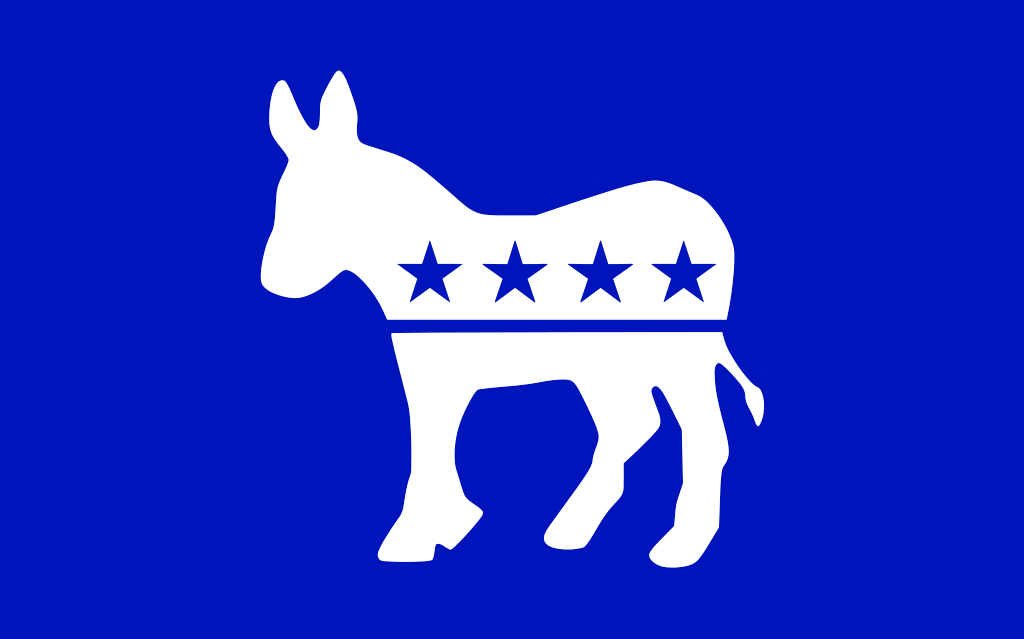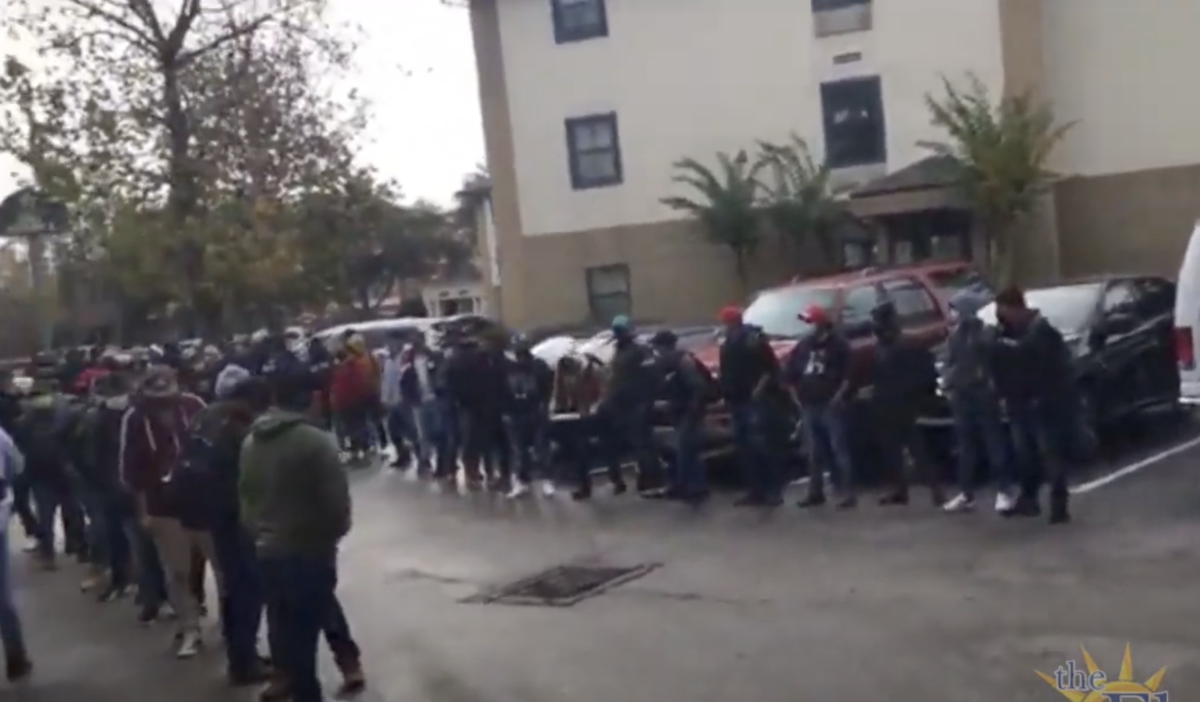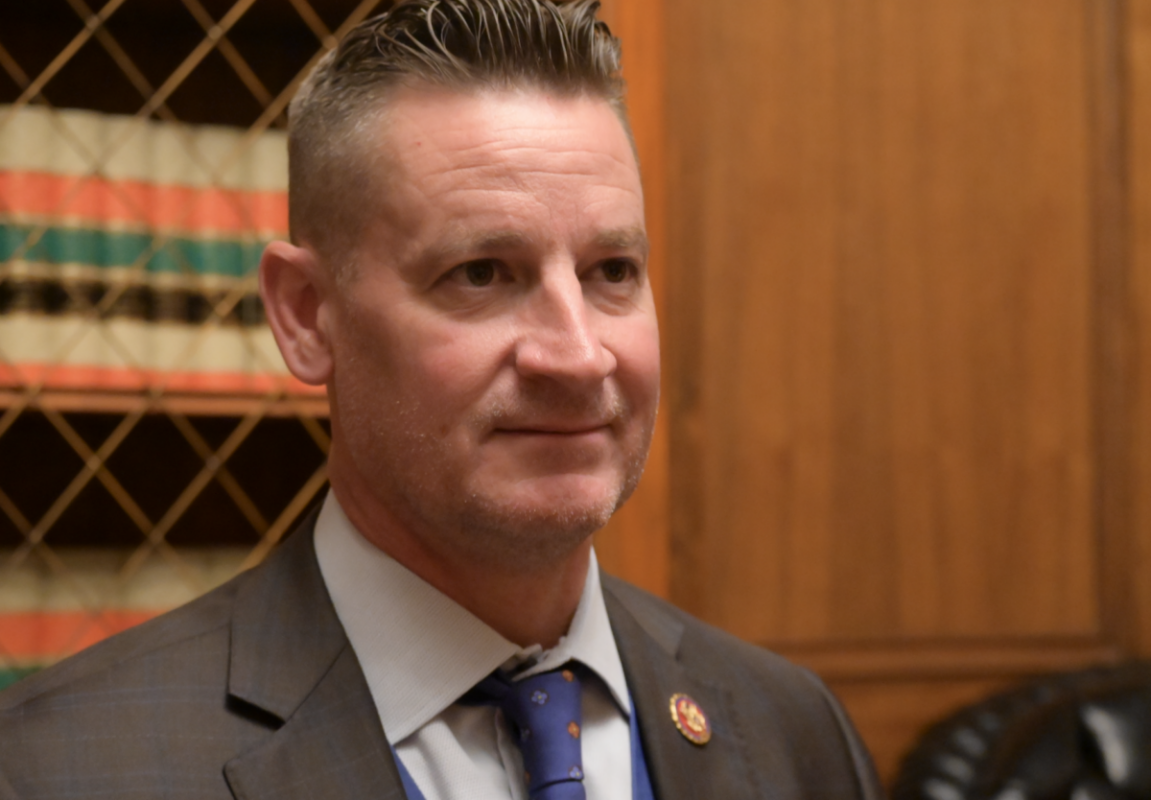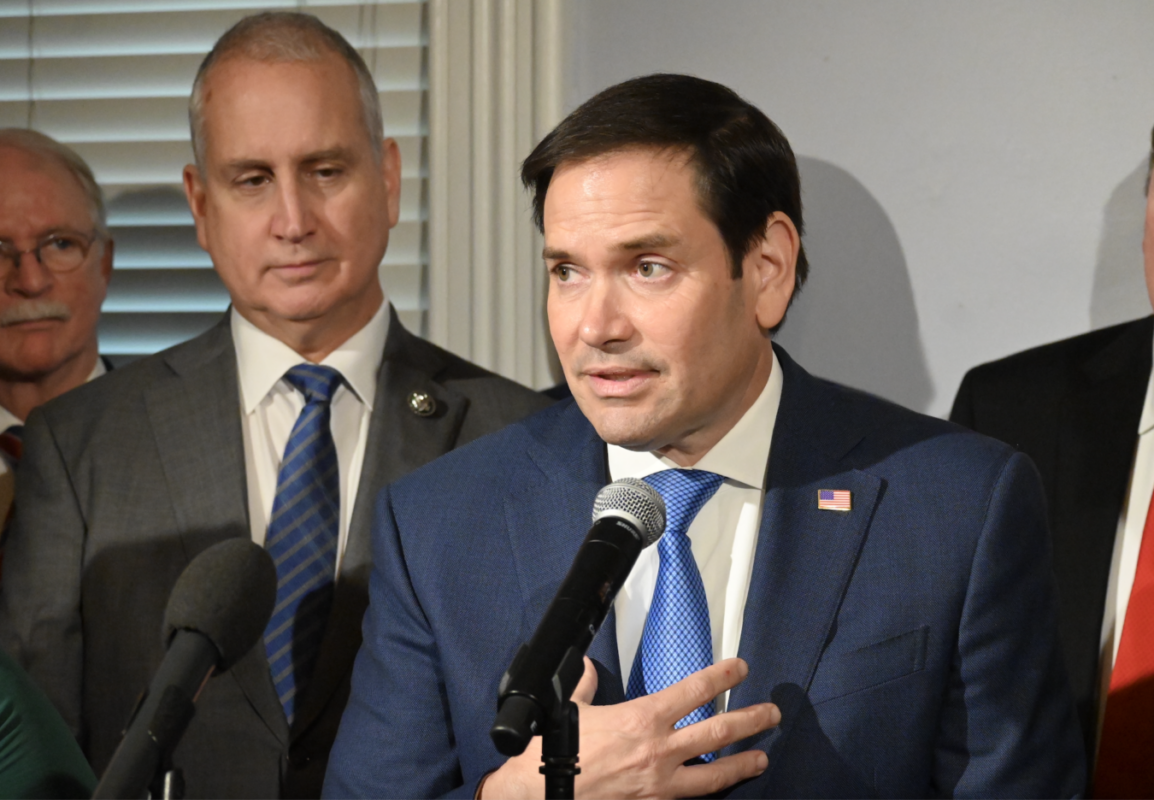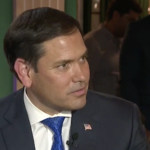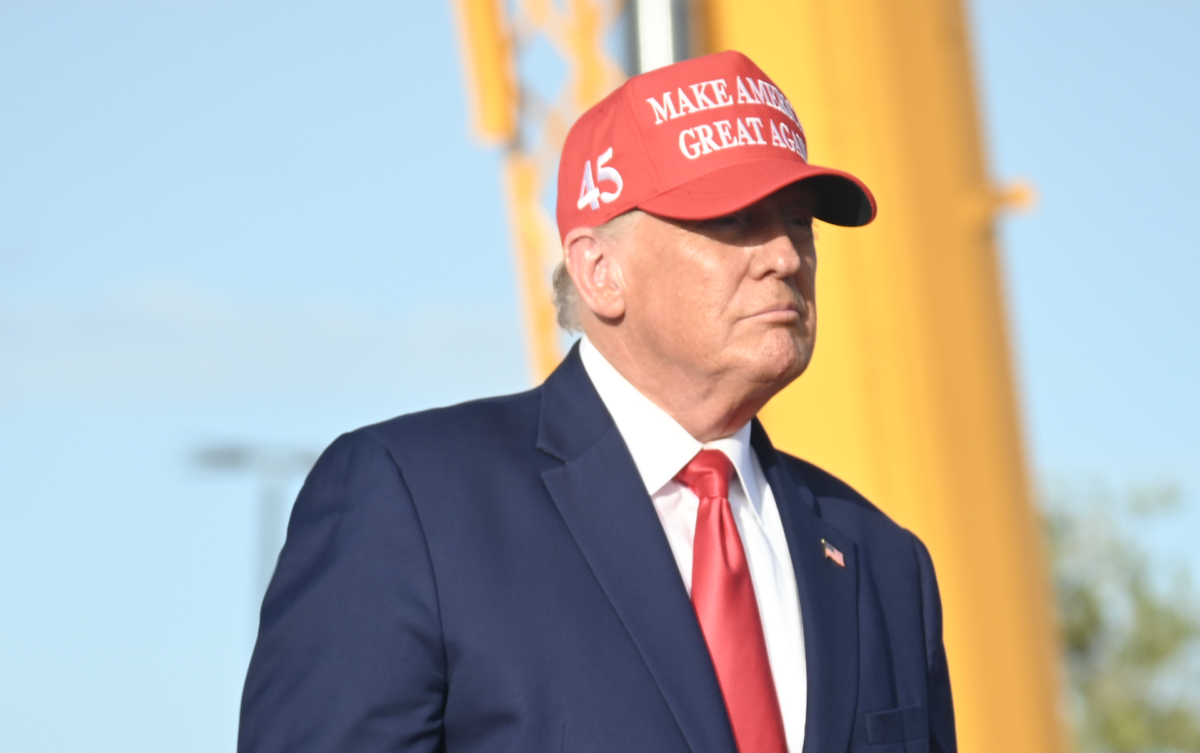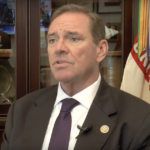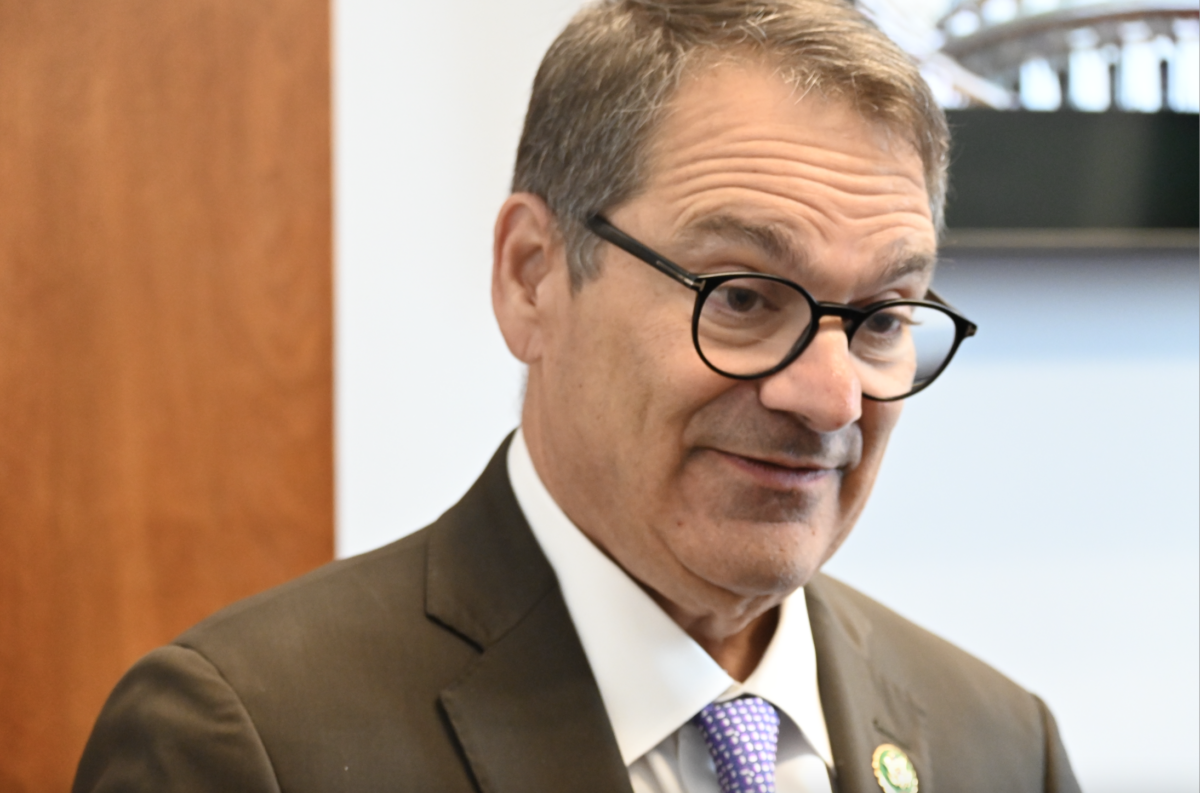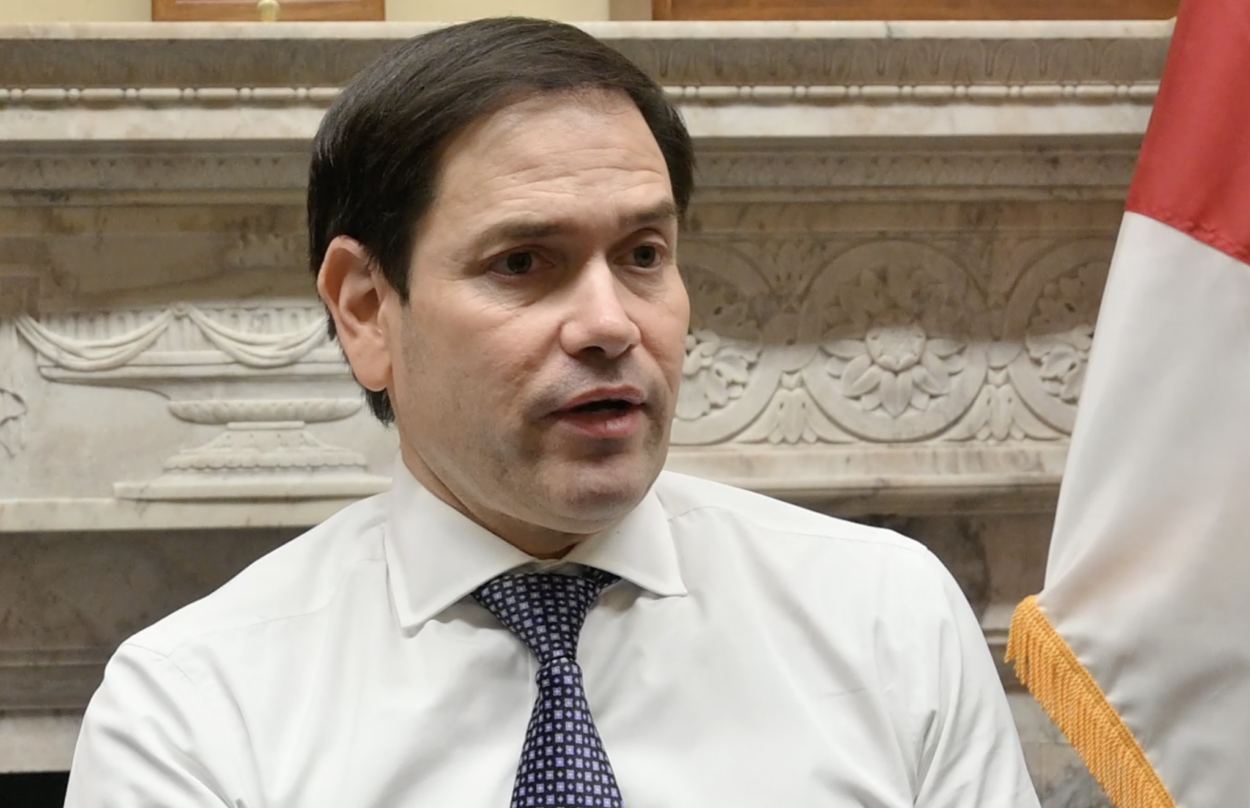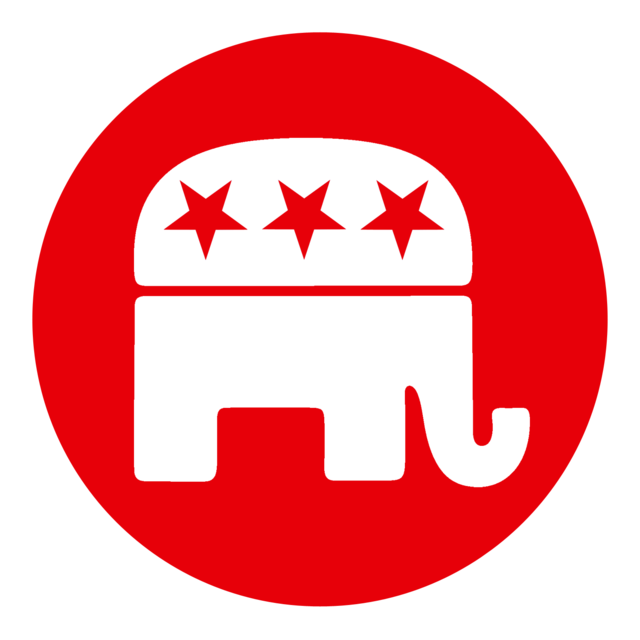Senator Marco Rubio (R-FL) has returned from his trip to El Salvador. Shortly after his arrival in the United States, Sen. Rubio posted a video reflecting on the visit, criticizing the Biden Administration's reaction to President Nayib Bukele's actions against gangs such as MS-13.
"I just returned from #ElSalvador where government officials are [being] sanctioned by the Biden Administration for rounding up gangs that have extorted, mutilated and murdered people for decades," stated Sen. Rubio.
In the video, Rubio described how El Salvador has been "one of the most dangerous countries in the world" thanks to the incredibly vicious gangs such as MS-13, hearing testimony from an individual who lost one of their sons in their violence.
"El Salvador was one of the most dangerous countries in the world up until very recently. It was a place that was one of the leading murder capitals of the world, it was a place where everybody lived in terror of MS-13 and the other street gangs. Everybody was paying extortion money to these gangs, where these gangs were not just killing people, they were dismembering bodies. Where people were illegally leaving the country in droves. I met someone who talked to me about how they had to leave El Salvador because they wouldn't pay the extortion money, so they killed one of their sons, and they left before they killed the other son. It was a place that was in a lot of trouble," said Rubio.
I just returned from #ElSalvador where government officials are been sanctioned by the Biden Administration for rounding up gangs that have extorted,mutilated and murdered people for decades pic.twitter.com/Cp8uanXlBO
— Marco Rubio (@marcorubio) April 3, 2023
With the election of Nayib Bukele as President, he received permission from El Salvador's legislative branch to use emergency powers that allowed him to embark on a massive campaign of arresting and incarcerating suspected gang members, much to the relief of El Salvadoreans.
"They elect a new President, Nayib Bukele. And he takes office, and he gets the legislative branch to give him special powers, for a special period, for a limited time, and he uses them to go out and round up all the gang members and put 30 or 40,000 of them in jail. And guess what? All of a sudden, the crime rate has plummeted, all of a sudden, the murder rate has plummeted. All of a sudden, for the first time in decades, people can go out at night. All of a sudden, for the first time in decades, people don't have to pay extortion money to a gang anymore."
The Biden Administration, however, said Bukele was being "too tough" and "too harsh."
"So how does the Biden Administration react to this? By badmouthing the guy. By sanctioning people in the government. By going after them because they're too tough and too harsh and so forth. And on top of everything else, this is the guy who's trying to be friendly and an ally to the United States."
Rubio points to this as "a problem in our foreign policy," wherein allies are adversaries, and adversaries are downplayed.
"And we have a problem in our foreign policy. We treat our enemies better than we treat our friends. So we have an administration that bends over backward to try to accommodate Maduro. An administration that's afraid to do anything tough on Ortega in Nicaragua, on the Canel regime in Cuba. But on the other hand, decides, 'I'm going to crack down on El Salvador and sanction them and badmouth them, and try to make them a global pariah. I'm going to crack down on other countries like the Dominican Republic,' for example, that's facing some of the same challenges. These are countries that want to be allies and friendly to the United States, and we have an administration that decides, 'we're going to treat our allies worse than we do our adversaries.' It makes absolutely no sense," Rubio concludes.

